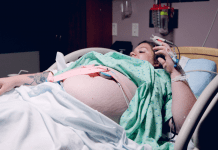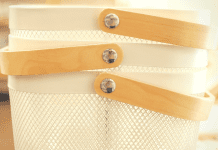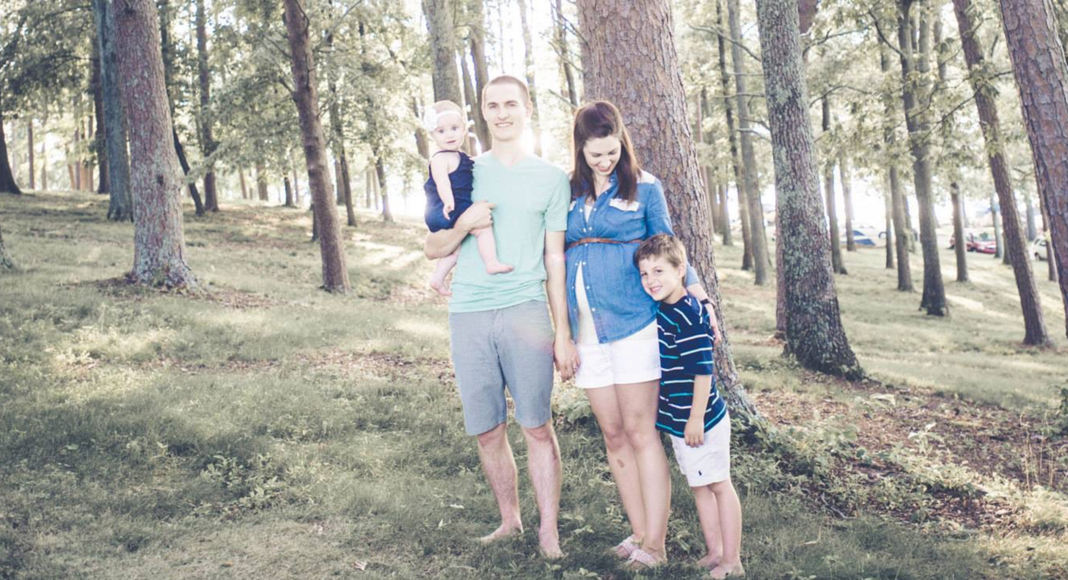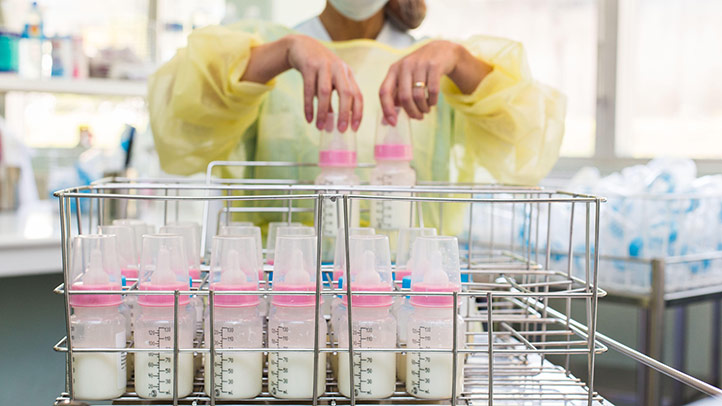 While many of us are decking the halls in preparation for the holiday season, some families are preparing for silent nights as they will spend the holiday without their newest additions at home. Instead, their babies will be spending their first Christmas in the Neonatal Intensive Care Unit (NICU) getting the best care available, so that hopefully they will not have to miss many more holidays with family.
While many of us are decking the halls in preparation for the holiday season, some families are preparing for silent nights as they will spend the holiday without their newest additions at home. Instead, their babies will be spending their first Christmas in the Neonatal Intensive Care Unit (NICU) getting the best care available, so that hopefully they will not have to miss many more holidays with family.
This year, in the spirit of giving, miracles, blessings, and joy, I did a thing and I am so excited about it. I have become a national breastmilk donor to help families in need so that they never have to spend another holiday apart. I want to share my experience in case you, or someone you know, wants to do the same.
First off, let me say, breastmilk is some pretty amazing stuff. In fact, I wrote an entire article about it, which you can find here. Though my article focused on encouraging moms of color to breastfeed, I did touch on the overall benefits of liquid gold. When it comes to NICU babies, particularly those born preterm, the agents found in breastmilk can help both their physical and mental development. Breastmilk can prevent or help their bodies fight severe illnesses and infections, it supplies DHA (which is important for their brain and eye development), decreases gastrointestinal issues, and is important for their optimal growth and development. (medela.com, 2019)
I am what you call a super producer.
I make a lot of milk. I was still nursing my first son when I found out I was pregnant with my second. He eventually weaned during my first trimester, but what I later found out was that it normally takes about a year for your milk to dry up completely. My second son was born about seven months after my first one weaned, so my milk was still there. It came in the day after I had my youngest son, and it came with a vengeance. I left the hospital with about 50 ounces of stored milk. You typically produce more milk with each child, so since this was baby number two, I was producing way too much and knew there was no way he would use it all. That is when I decided to donate my milk.
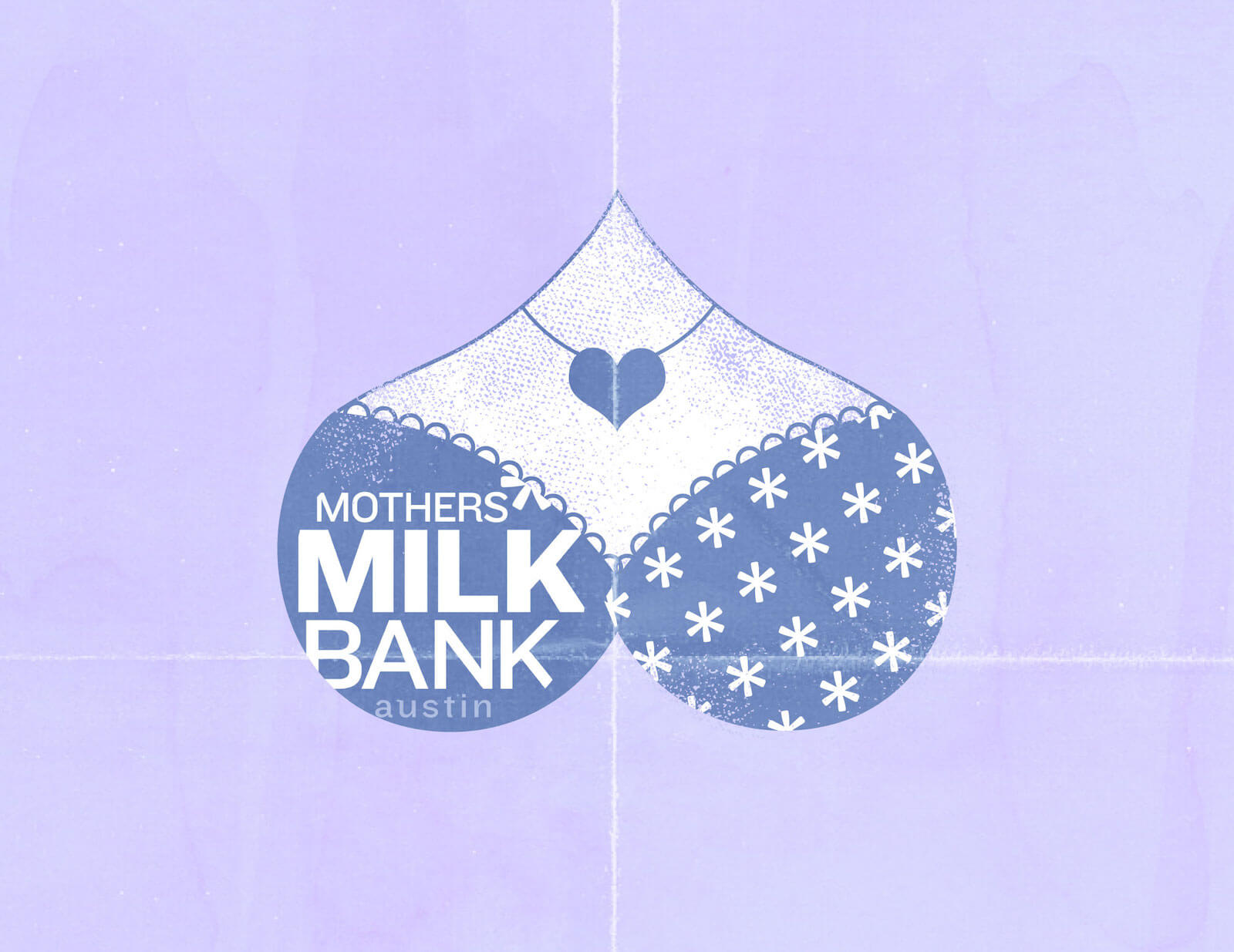 In September I called Erlanger’s NICU and told them I had some milk I would like to donate. I naively assumed you dropped your milk off with them, they would scan to ensure it was safe, and then the babies here in Chattanooga would receive it. The nurse explained to me the process and boy, was I wrong. She was so happy that I was interested in donating, but told me my first step would be to register with the Mothers Milk Bank of Austin (MMBA). There are many milk banks across the United States, but for local donors, that is who you most likely will go through. So, I contacted MMBA and my journey began.
In September I called Erlanger’s NICU and told them I had some milk I would like to donate. I naively assumed you dropped your milk off with them, they would scan to ensure it was safe, and then the babies here in Chattanooga would receive it. The nurse explained to me the process and boy, was I wrong. She was so happy that I was interested in donating, but told me my first step would be to register with the Mothers Milk Bank of Austin (MMBA). There are many milk banks across the United States, but for local donors, that is who you most likely will go through. So, I contacted MMBA and my journey began.
There are four steps to becoming an official donor through MMBA:
-
Step 1- Phone interview
-
Step 2- Written interview
-
Step 3- Bloodwork
-
Step 4- Review/approval
Step 1 began immediately when I called MMBA. I was asked a series of questions to see if I would be able to move forward to Step 2. Some of the questions asked were “How old is your baby?,” “At what gestation was your child born?,” “Were you given medication? If so, what kind?,” and “How is your milk stored?” Questions along these lines allow them to determine if you are eligible since they only take milk stored up to eight months after your baby has been born, as opposed to a year. They also are able to get an understanding of the kinds of medication you took because some meds will present themselves in breastmilk and can affect a baby. The questions were very detailed and very intrusive, but of course they have to be. I went from, “Hi, my name is Amanda” to giving detailed information about my birth and health history within minutes. I did not mind though because I know they needed that information to ensure the safety of the delicate lives at hand.
The phone interview wrapped up in about 20 minutes and I was told right then that I had passed that portion and would be moving on to Step 2, the written interview. A few days later, I received an email with a link to a form to complete more questions. Some of the questions in Step 1 were repeated but required more detail. I was also asked in depth questions about my milk; they wanted to know of any medical procedures I had had in the past year, if I had been exposed to various diseases, I had to answer a round of COVID-19 questions, give details on alcohol and tobacco consumption, sign the forms to release medical records for both myself and my nursling, and I was also given my milk I.D. number. They also explained that once donated, my milk would be used for both NICU babies and research. From the first day I called MMBA to the completion of Step 2 was about a week.
This is where the process came to a bit of a halt as there was an issue with a form not being received via fax. It ended up being mailed, but by the time it was received and processed, almost three weeks had gone by. Overall, it was not the end of the world, but I knew the longer we waited, the less milk I would be able to give because of the storage date restrictions. That was a bummer for me, so if you know that your stored milk is nearing the expiration date, I suggest you get started on this process immediately. The goal is for every drop of milk to end up in a precious NICU baby’s belly, instead of the drain if at all possible, so keep a timeline in mind.
After Step 2 was finally completed, I moved on to Step 3, which was getting my blood drawn at a local lab. Since I am sharing the process in hopes that others will want to do this, I find it imperative that I be honest so you will know what to expect. This part of the interview process made me almost consider not moving forward. MMBA has a list of labs in Chattanooga that they supposedly work with, but when calling around to set an appointment, almost all of them were clueless to MMBA and the specific bloodwork that needed to be done. They would all ask me questions that I could not answer and after about the fourth call, I was tempted to just quit. The staff at MMBA were helpful though and were able to finally get me connected to a lab here.
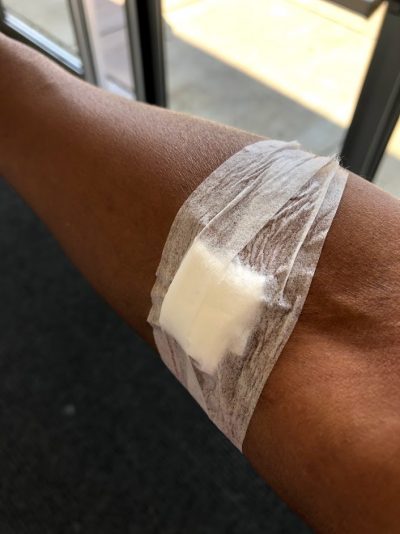 I went to Quest Diagnostics+-*/ in Chattanooga and their staff was awesome. First and foremost, they knew all about MMBA and the process, so once there, everything was seamless. The phlebotomist took a few vials of my blood to check for HIV/AIDS, Hepatitis B & C, HTLV I & II, and Syphilis. I was in and out in about 15 minutes. At that point, there was nothing left for me to do, but wait to hear back to see if I got approved.
I went to Quest Diagnostics+-*/ in Chattanooga and their staff was awesome. First and foremost, they knew all about MMBA and the process, so once there, everything was seamless. The phlebotomist took a few vials of my blood to check for HIV/AIDS, Hepatitis B & C, HTLV I & II, and Syphilis. I was in and out in about 15 minutes. At that point, there was nothing left for me to do, but wait to hear back to see if I got approved.
Approximately two weeks later, I received an email saying that I had been cleared and was officially a national breastmilk donor. I could begin donating milk immediately.
Once you become a donor, you have options as to how you want to donate. They ask that if you are doing a drop off to a local site, you give at least 100 ounces. You can also request to have your milk shipped to a site, but they ask that you have at least 200 ounces to donate if you go that route. Then, on the 15th of every month, MMBA contacts you to see if you have had any lifestyle changes (for example, maybe you have begun taking a new medication or maybe you have been exposed to COVID-19). They use the updates to determine if your current milk can be accepted. They also ask if you have any milk donations you would like to make at that time.
I made my first donation in early November and there were very specific guidelines when dropping off the milk. You have to bag and label it with your I.D. number. The hospital will ask you for an approximate number of ounces, so to fellow super producers, counting will take some time. All in all, actually making the donation was pretty simple. I have since made another donation and between the two, I was able to give over 1,700 ounces of milk to MMBA. I am hoping to make two more donations before I am ineligible when my son turns one in January. This is all milk that would have gone to waste so I am so happy to have had the option to donate. Remember, time is of the essence, so if this sound like something you are interested in, I encourage you to get the ball rolling now.
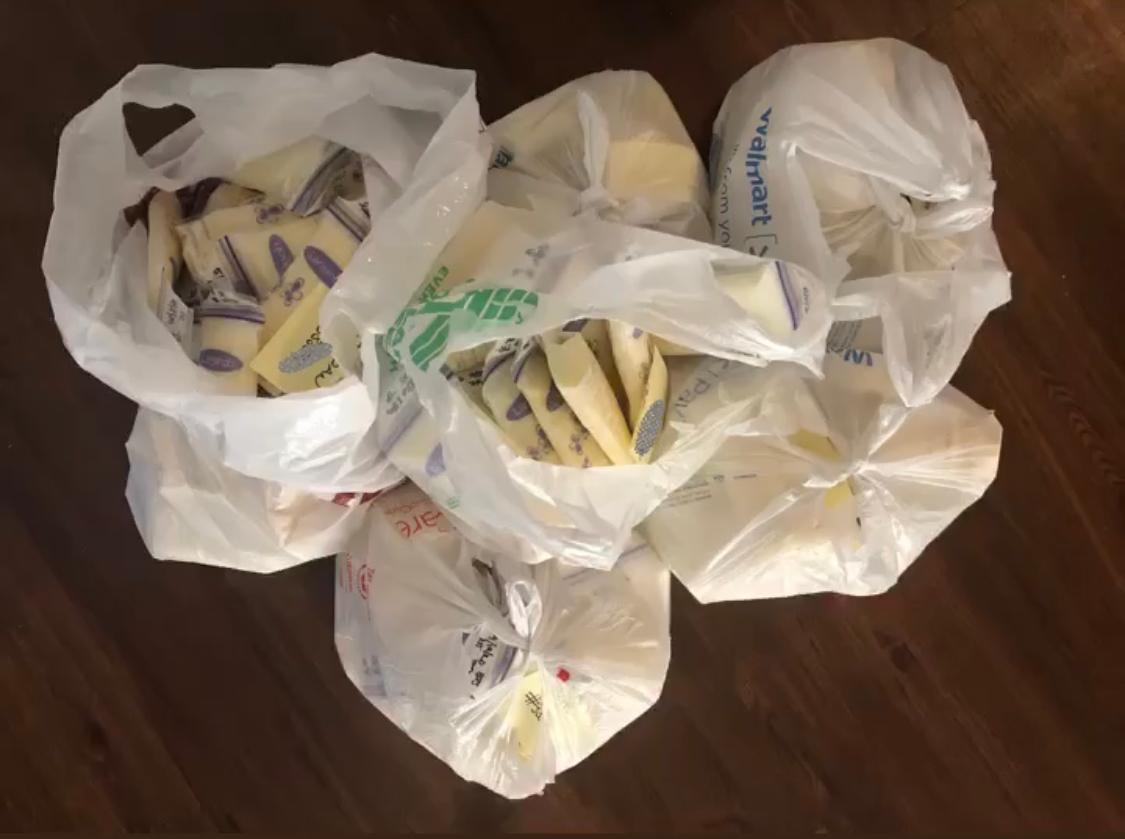 When I initially called to set up my first donation, the nurse thanked me and told me how I would be “saving so many lives.” Her words gave me chills. We all do things daily to try to help others, but knowing without a doubt that a human life will literally be saved because of something I did, is mind blowing. It is my hope that others will join me so that eventually, MMBA will have so many donors they will have to turn people away. If you have been so fortunate to build a stash, especially if you are able to work from home, please consider the option of donation.
When I initially called to set up my first donation, the nurse thanked me and told me how I would be “saving so many lives.” Her words gave me chills. We all do things daily to try to help others, but knowing without a doubt that a human life will literally be saved because of something I did, is mind blowing. It is my hope that others will join me so that eventually, MMBA will have so many donors they will have to turn people away. If you have been so fortunate to build a stash, especially if you are able to work from home, please consider the option of donation.











